In the
first part of the Article we discovered the differences between Natural Olive Oil and Refined Olive Oil, as well as the different mixtures that are made in the manufacturing processes. In this article,
we will discover the differences between Extra Virgin Olive Oil, Virgin Olive Oil and Dry Olive Oil.
Remember that as we saw in the
first article, this classification is only for Olive Oil that is not refined, that is, it has not been treated with heat or chemically.
The International Olive Council

Well, there is an international organisation that was created to establish the criteria that differentiate all oil that comes from olives. This entity is the
INTERNATIONAL OLIVE COUNCIL or
International Olive Council . This institution is “the only intergovernmental body in the world in which the producing or consuming countries of olive oil and table olives are represented.” Therefore, its authority and criteria are internationally recognized.
The IOC (I call it by its acronym in English because the acronym in Spanish - COI - reminds us of the International Olympic Committee and it is not a question...), publishes and maintains a document called the “TRADE STANDARD APPLYING TO OLIVE OILS AND OLIVE -POMACE OILS”, which in our language is “
Trade standard applicable to olive oils and pomace oils”. It is an extensive document and we will summarize the most important for you.
The most important thing is the
definition of Virgin Olive Oil:
Virgin olive oils are oils obtained from the fruit of the olive tree exclusively by mechanical means or other physical means under conditions, especially thermal ones, that do not lead to alterations in the oil and that have not undergone any treatment other than washing, decantation, centrifugation and filtration.
That is to say, any oil mixed with other types of oil can never be a virgin olive oil, by definition, it cannot even be called Olive Oil, it should be called Refined Oil and the tagline that the seller on duty would like: “from oils from olives”, “obtained only from olive juice”, etc.

Virgin and Extra Virgin Olive Oil
And now we go to the mother of the lamb:
How do I differentiate an Extra Virgin Olive Oil from a Virgin Olive Oil?. Well, the answer is simple:
WE CANNOT. It is a criterion based on the quality of the oil, whose main characteristic is its acidity or oleic acid content. So we would have the following classification:
-
Extra Virgin Olive Oil: it has less than 0.8 grams of oleic acid per 100g.
-
Virgin Olive Oil: it has between more than 0.8g and less than 2g of oleic acid per 100g.
-
Olive Oil (dry): it has more than 2g and less than 3.3g per 100g.
So if you do not have a laboratory at hand, it is impossible because it is not mandatory to include this information on the label. In order to select the Extra Virgin Olive Oils that we have, we have gone to the factory, we have entered its laboratory and we have verified that the necessary controls are carried out to guarantee that the juice obtained is below 0.8g/100g. If not, we don’t offer it in
our selection ;)
Be careful what you buy...
It is important here to make an important clarification:
Oils with a content greater than 3.3g/100g in oleic acid are not considered fit for human consumption, but must be refined. It’s not that it’s harmful, but it’s not recommended. The incredible thing is that there are oils with more than 3.3g that are sold as Olive Oil, for the mere fact of having been obtained by manual and mechanical processes, but with poor quality olives.
In an extensive article published by the
OCU (Organization of Consumers and Users) , it is described as submitted to
analysis 40 oils< /a> and of these 12 had a lower category than that described in the label. In other words, almost 1 out of every 3 oils you find in the supermarket will rip you off. It’s sad but true.
 We cannot go Oil for oil in the market, doing a tasting and taking a sample to the laboratory, what we can do is bring you the best of the best. All our oils are 5 STARS, because a laboratory says it, some expert tasters say it and, above all, you say it, with your reviews. If any oil does not meet any of these three requirements, it does not reach our website ;)
So, thanks again for trusting us and we hope that this article, which ended up being longer than I expected, you liked it and served to clarify a little more in this confusing world of Oil made of olives ;). Do not hesitate to leave your comment!
We cannot go Oil for oil in the market, doing a tasting and taking a sample to the laboratory, what we can do is bring you the best of the best. All our oils are 5 STARS, because a laboratory says it, some expert tasters say it and, above all, you say it, with your reviews. If any oil does not meet any of these three requirements, it does not reach our website ;)
So, thanks again for trusting us and we hope that this article, which ended up being longer than I expected, you liked it and served to clarify a little more in this confusing world of Oil made of olives ;). Do not hesitate to leave your comment!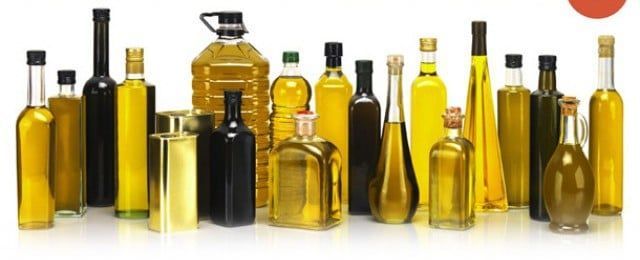
 Well, there is an international organisation that was created to establish the criteria that differentiate all oil that comes from olives. This entity is the INTERNATIONAL OLIVE COUNCIL or International Olive Council . This institution is “the only intergovernmental body in the world in which the producing or consuming countries of olive oil and table olives are represented.” Therefore, its authority and criteria are internationally recognized.
The IOC (I call it by its acronym in English because the acronym in Spanish - COI - reminds us of the International Olympic Committee and it is not a question...), publishes and maintains a document called the “TRADE STANDARD APPLYING TO OLIVE OILS AND OLIVE -POMACE OILS”, which in our language is “Trade standard applicable to olive oils and pomace oils”. It is an extensive document and we will summarize the most important for you.
The most important thing is the definition of Virgin Olive Oil:
Well, there is an international organisation that was created to establish the criteria that differentiate all oil that comes from olives. This entity is the INTERNATIONAL OLIVE COUNCIL or International Olive Council . This institution is “the only intergovernmental body in the world in which the producing or consuming countries of olive oil and table olives are represented.” Therefore, its authority and criteria are internationally recognized.
The IOC (I call it by its acronym in English because the acronym in Spanish - COI - reminds us of the International Olympic Committee and it is not a question...), publishes and maintains a document called the “TRADE STANDARD APPLYING TO OLIVE OILS AND OLIVE -POMACE OILS”, which in our language is “Trade standard applicable to olive oils and pomace oils”. It is an extensive document and we will summarize the most important for you.
The most important thing is the definition of Virgin Olive Oil:

 We cannot go Oil for oil in the market, doing a tasting and taking a sample to the laboratory, what we can do is bring you the best of the best. All our oils are 5 STARS, because a laboratory says it, some expert tasters say it and, above all, you say it, with your reviews. If any oil does not meet any of these three requirements, it does not reach our website ;)
So, thanks again for trusting us and we hope that this article, which ended up being longer than I expected, you liked it and served to clarify a little more in this confusing world of Oil made of olives ;). Do not hesitate to leave your comment!
We cannot go Oil for oil in the market, doing a tasting and taking a sample to the laboratory, what we can do is bring you the best of the best. All our oils are 5 STARS, because a laboratory says it, some expert tasters say it and, above all, you say it, with your reviews. If any oil does not meet any of these three requirements, it does not reach our website ;)
So, thanks again for trusting us and we hope that this article, which ended up being longer than I expected, you liked it and served to clarify a little more in this confusing world of Oil made of olives ;). Do not hesitate to leave your comment!
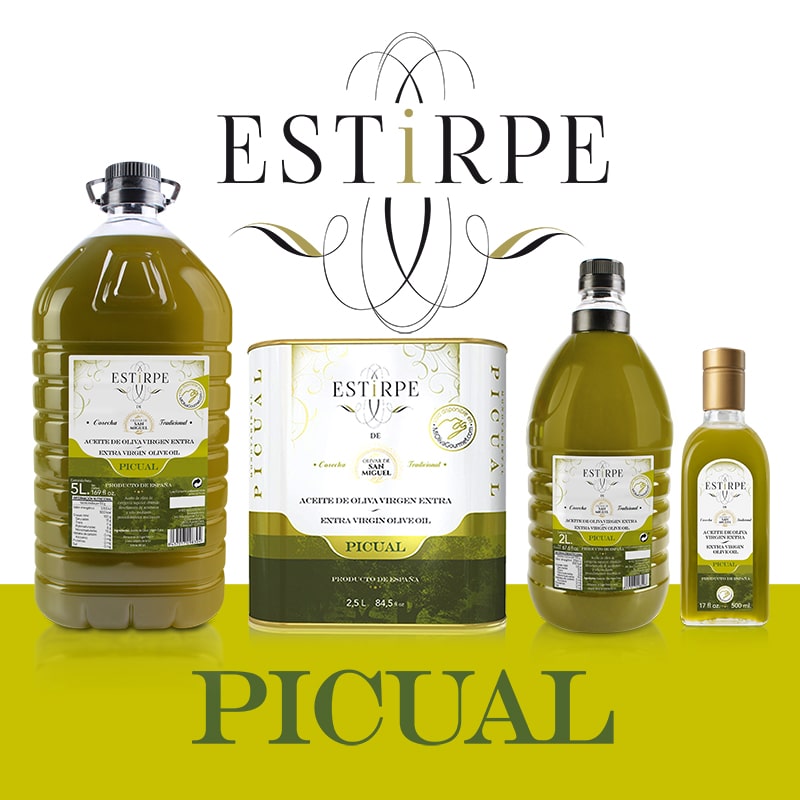
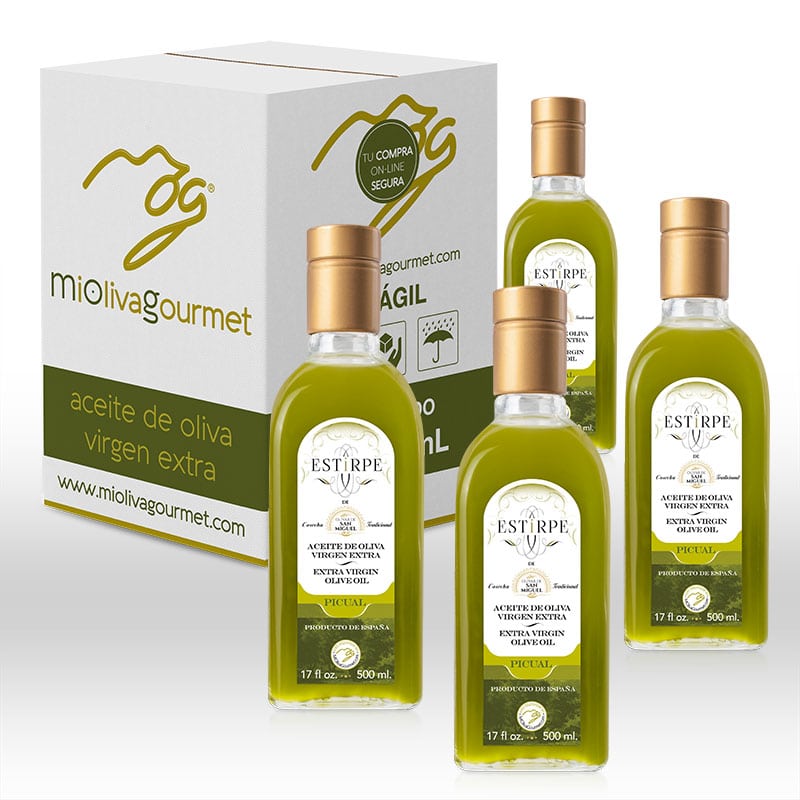
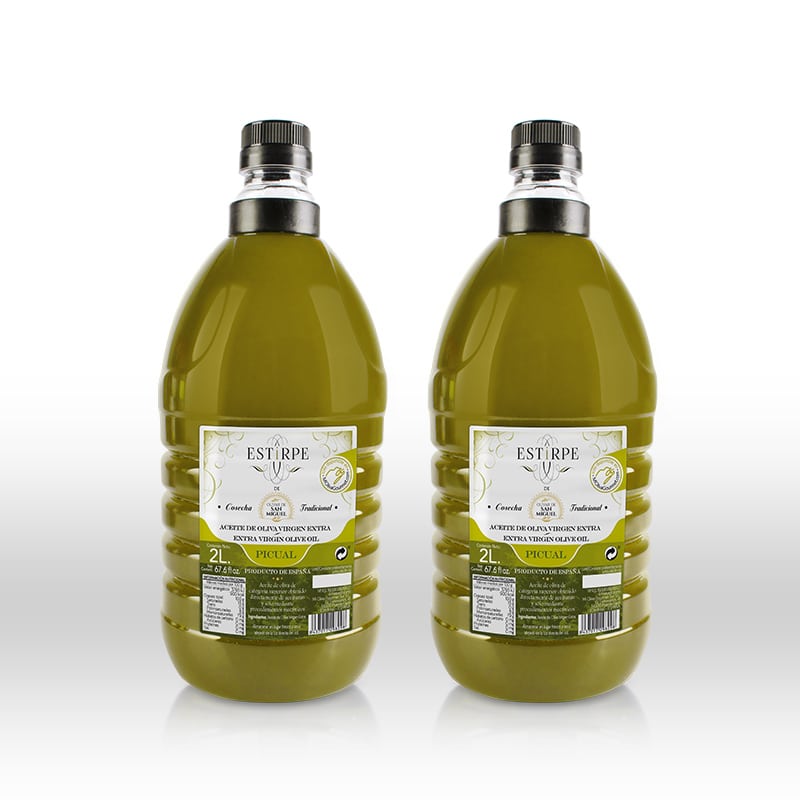
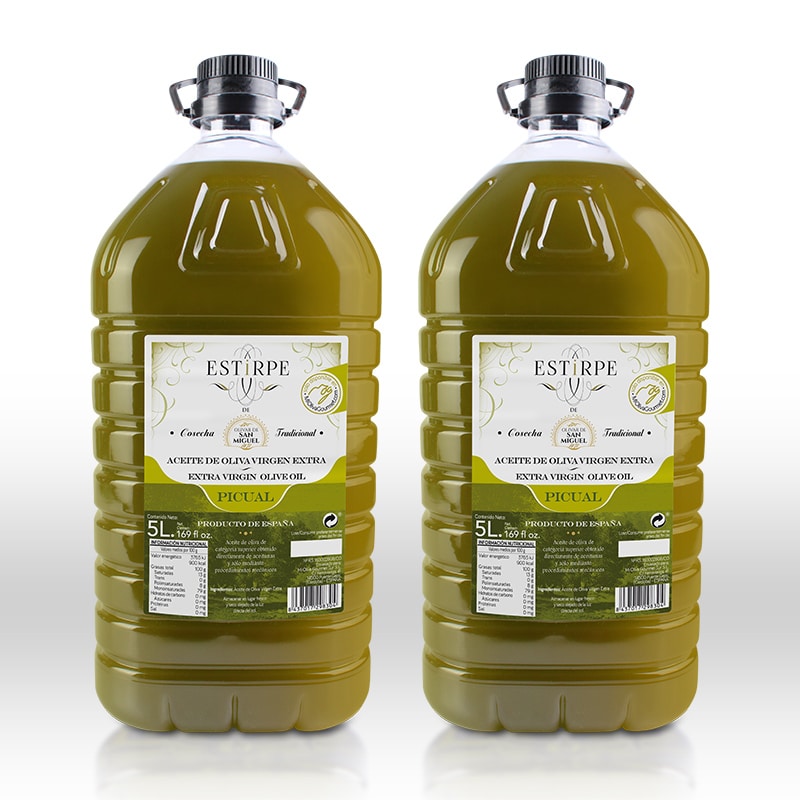
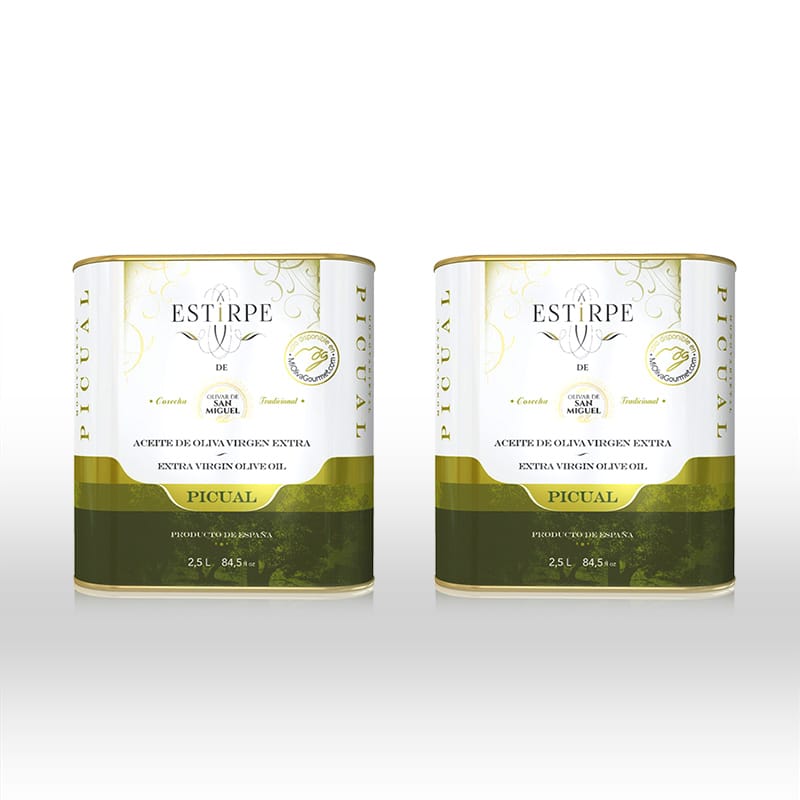
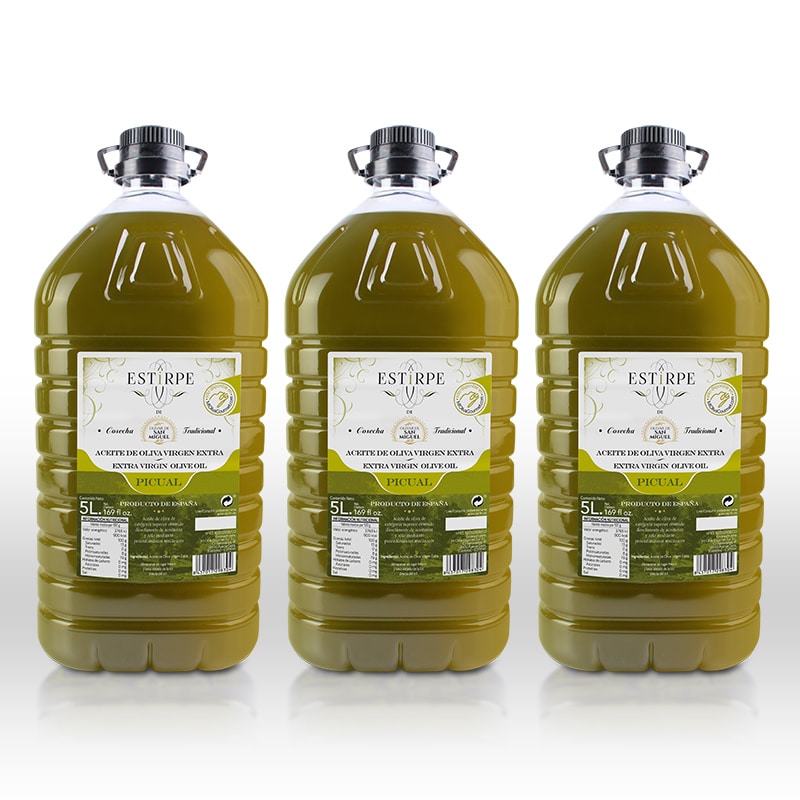
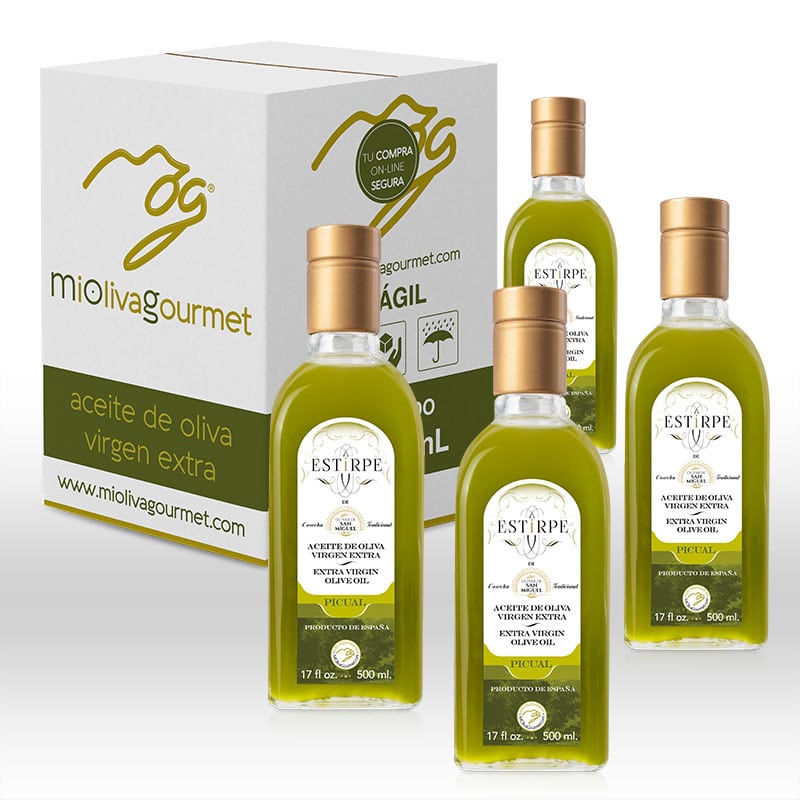
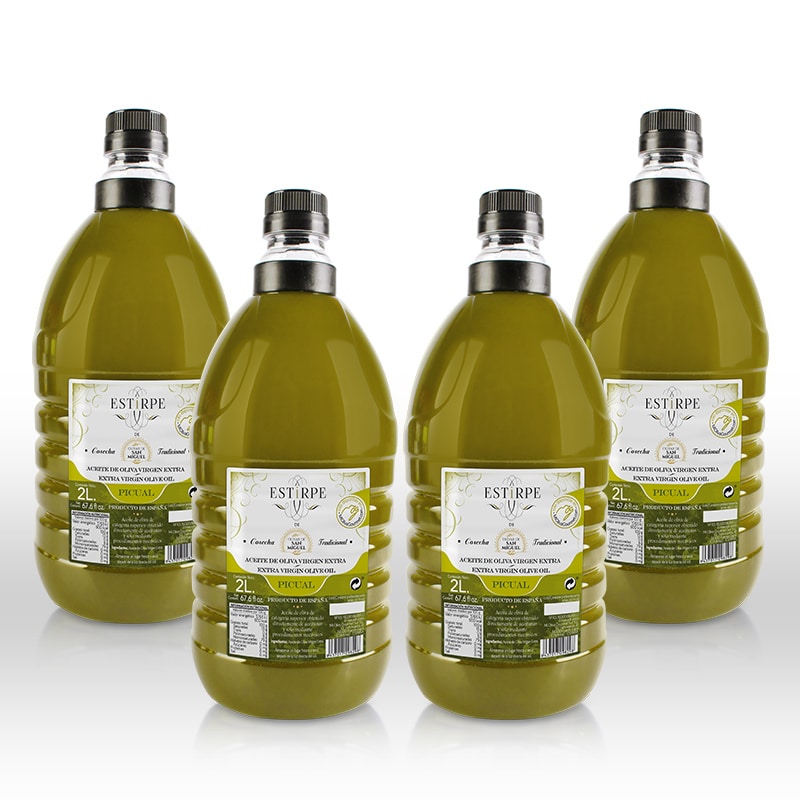
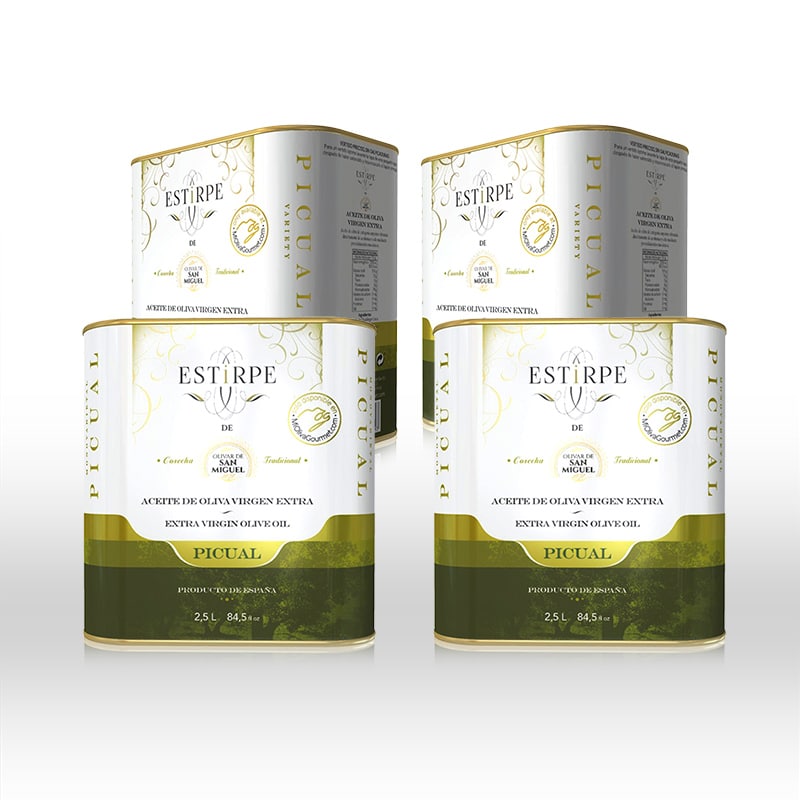
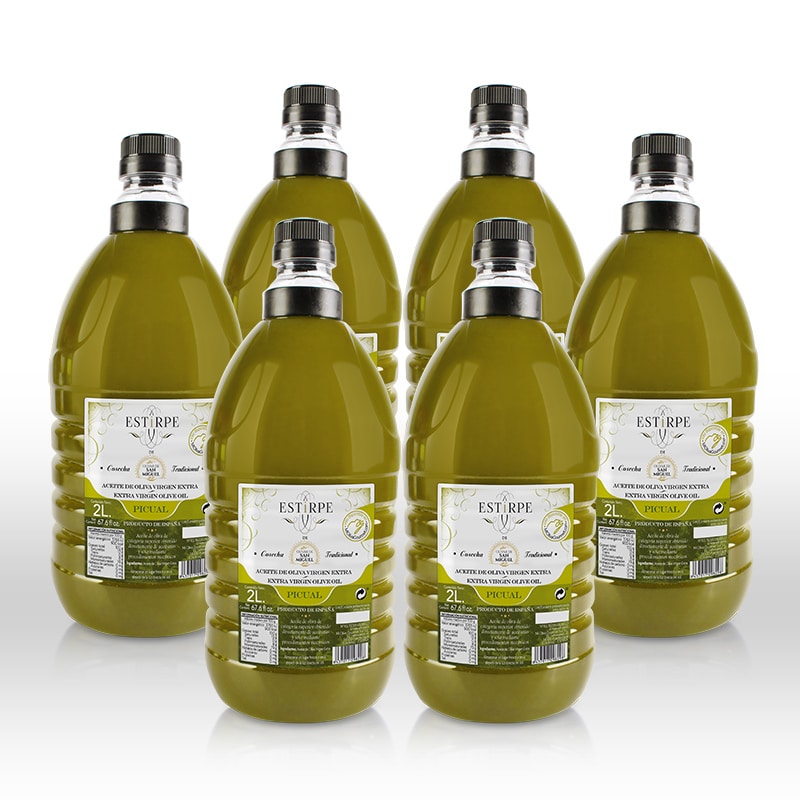
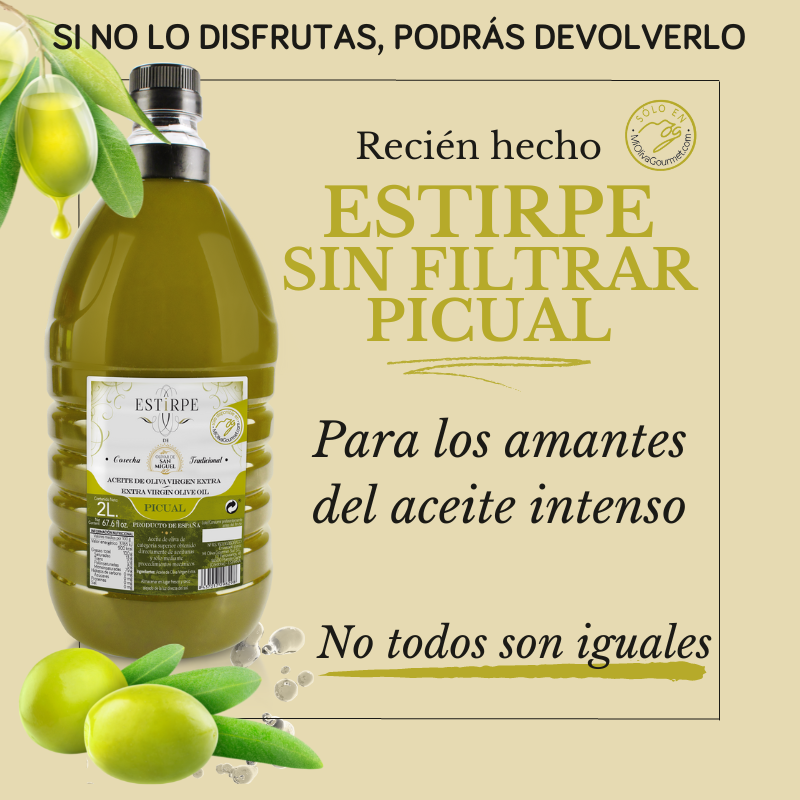
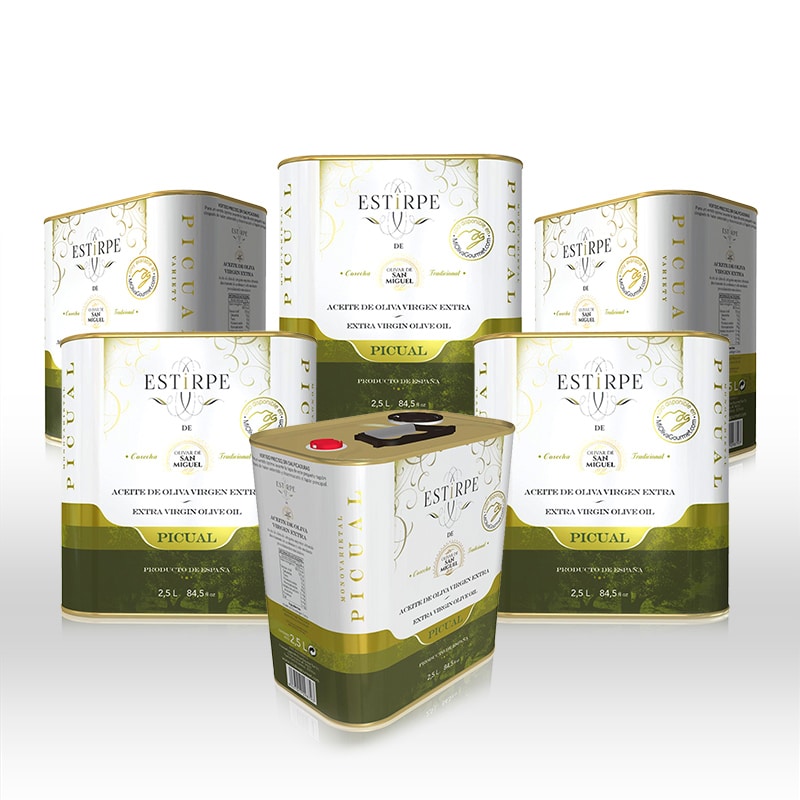
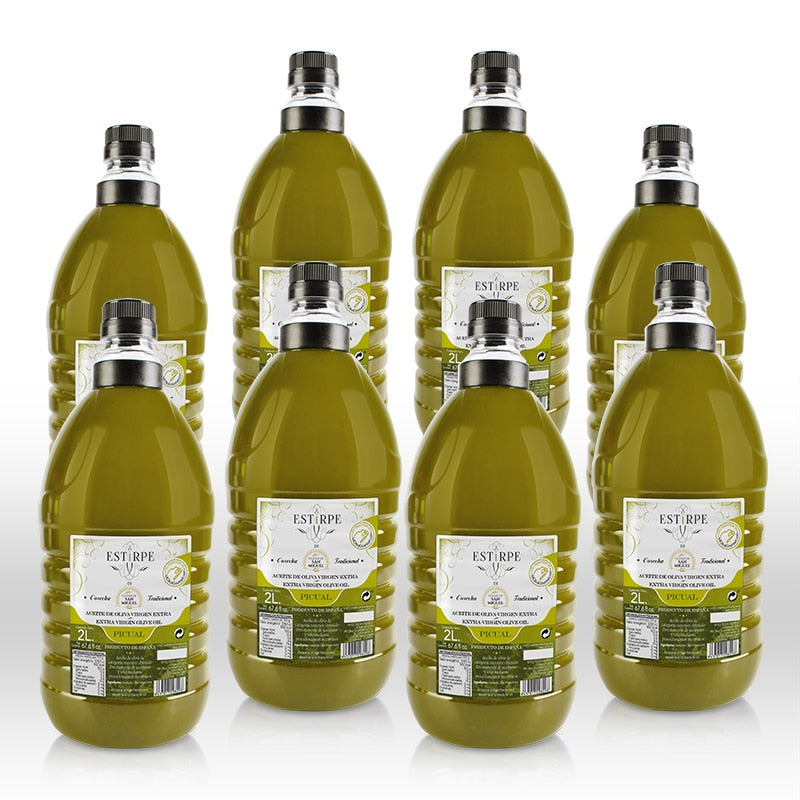
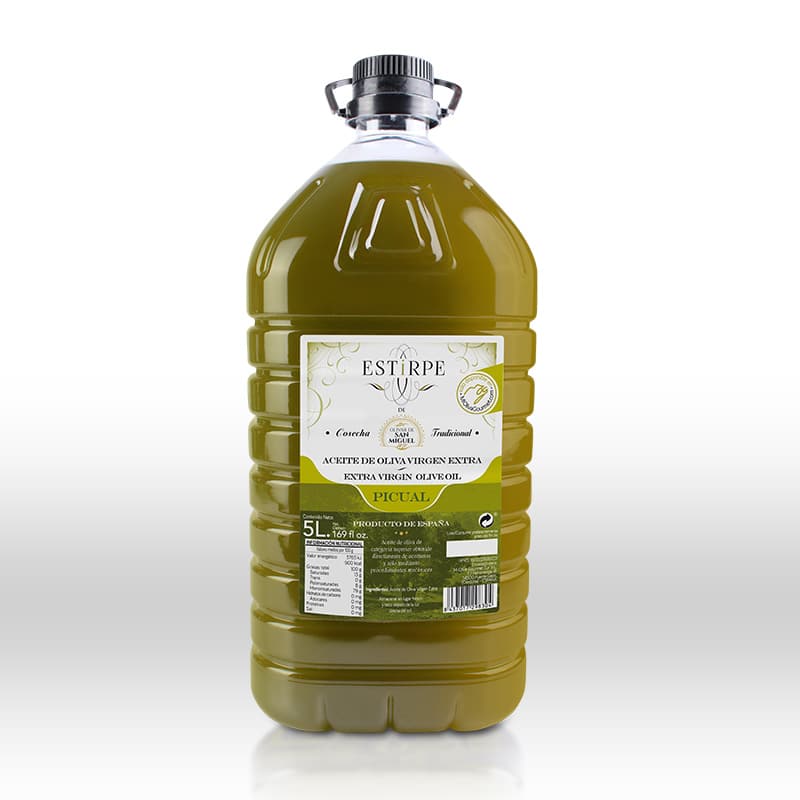
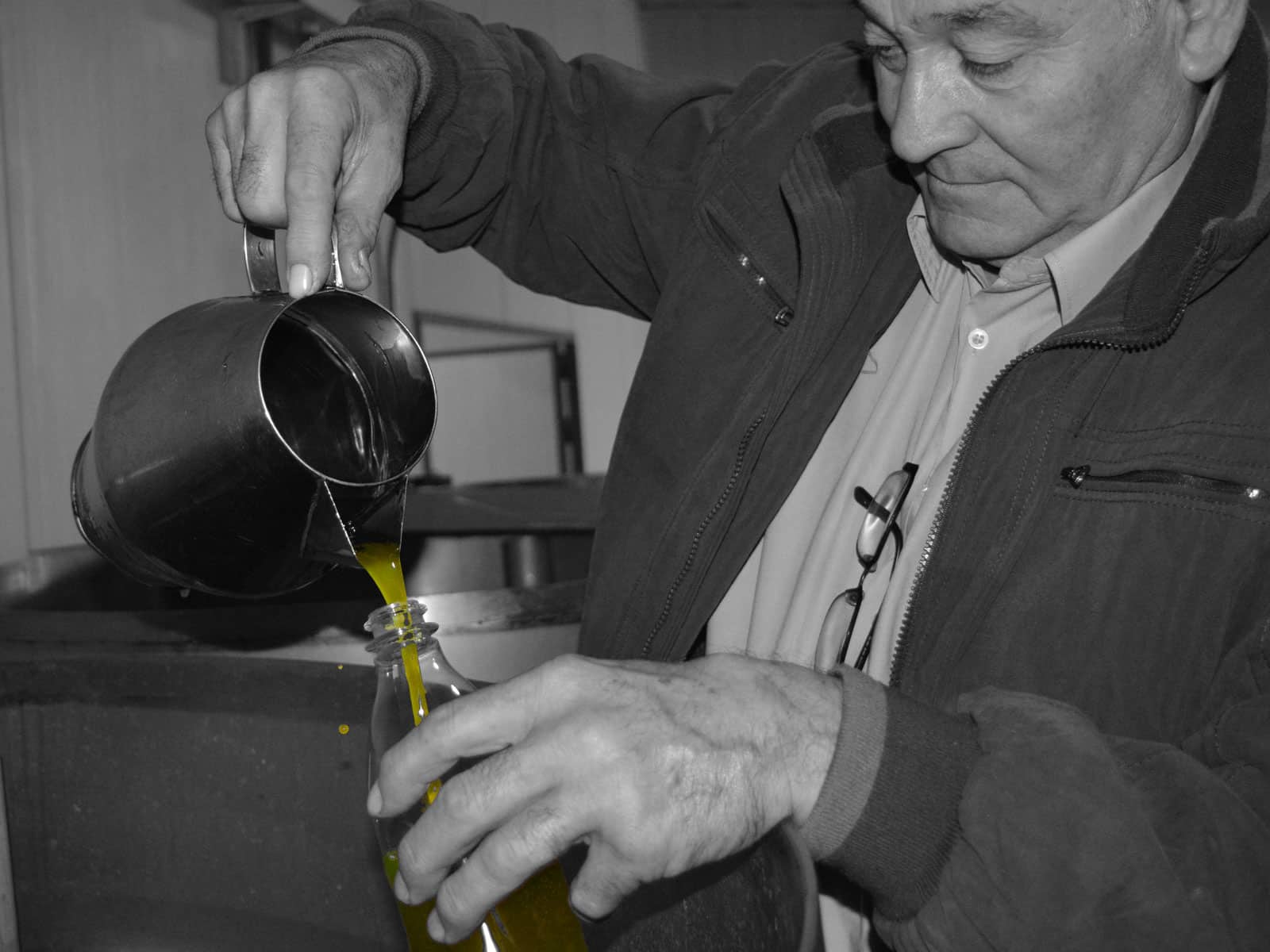
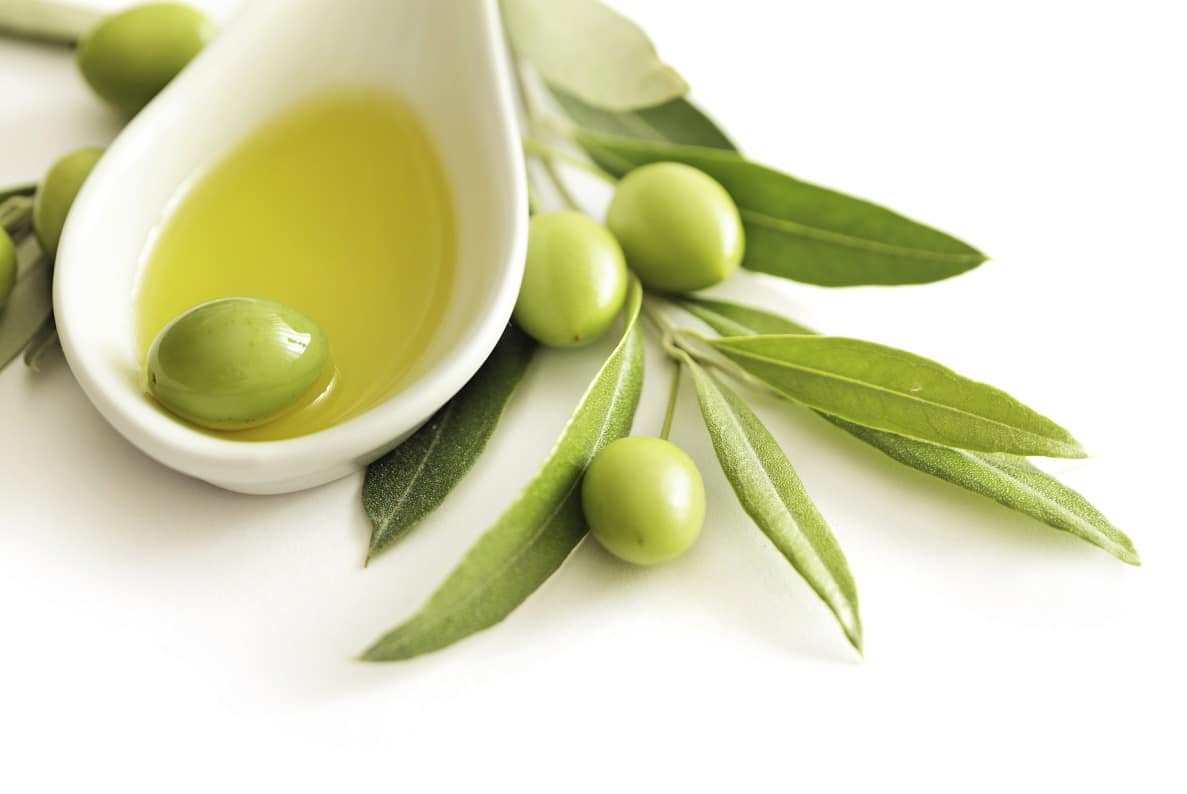



1 comment
Muchas gracias por las aclaraciones.
Juan José
Leave a comment
This site is protected by hCaptcha and the hCaptcha Privacy Policy and Terms of Service apply.